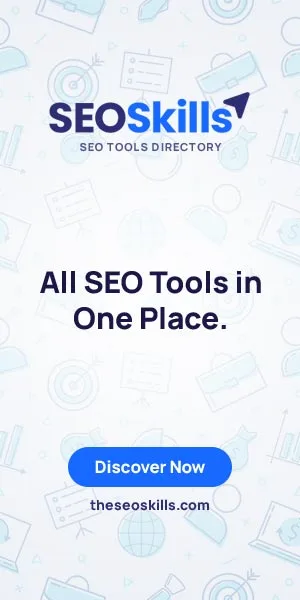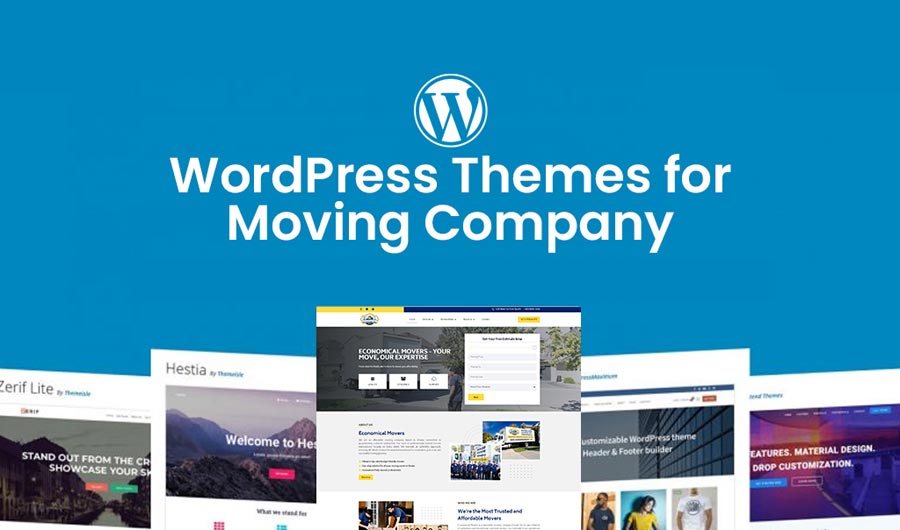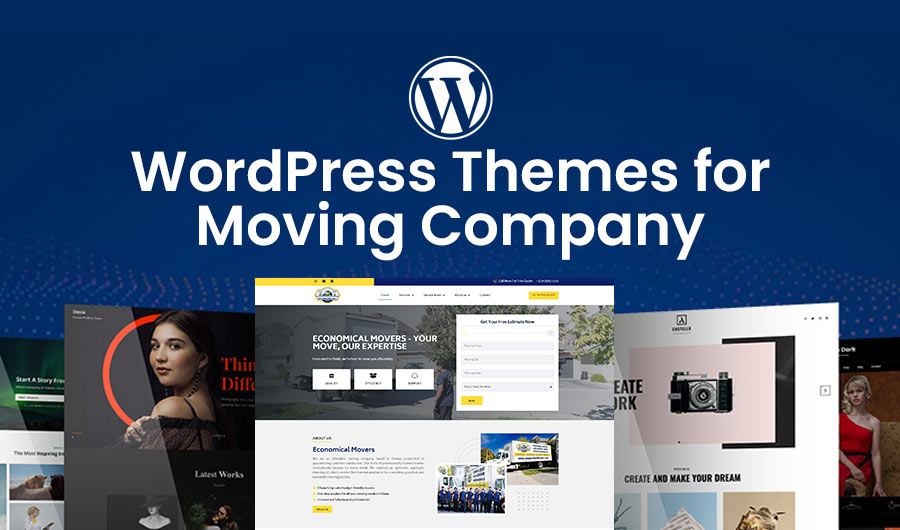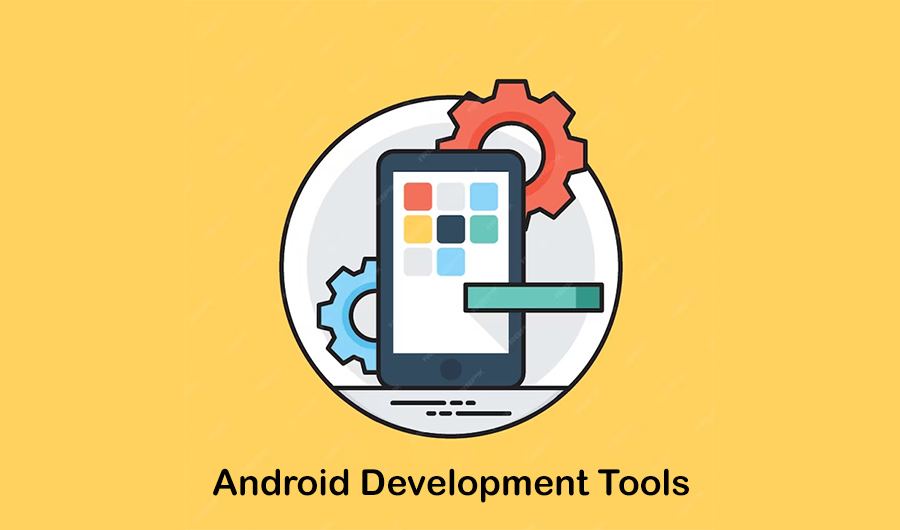
10 Best Android Development Tools
The business related to Android Mobile and its related development with the tools increased nowadays. Daily, we listen to the vibes of new Android mobile launches or app releases and relate mobile development tools. ADT is a short form of Android Development tool and also works as a plugin. Programmers utilized these development tools for the creation of different Android applications for users and professionals.
These ADT tools are dynamic in quality, provide an integrated environment, and work as a building tool for any Android application. These tools design the User Interface and also add the packages on the Android framework API
We have selected these Android Development tools that enhance the developer’s work, time management, coding effort, utilization, and analysis of the app’s workability.
List of Android Development Tools
Android Studio
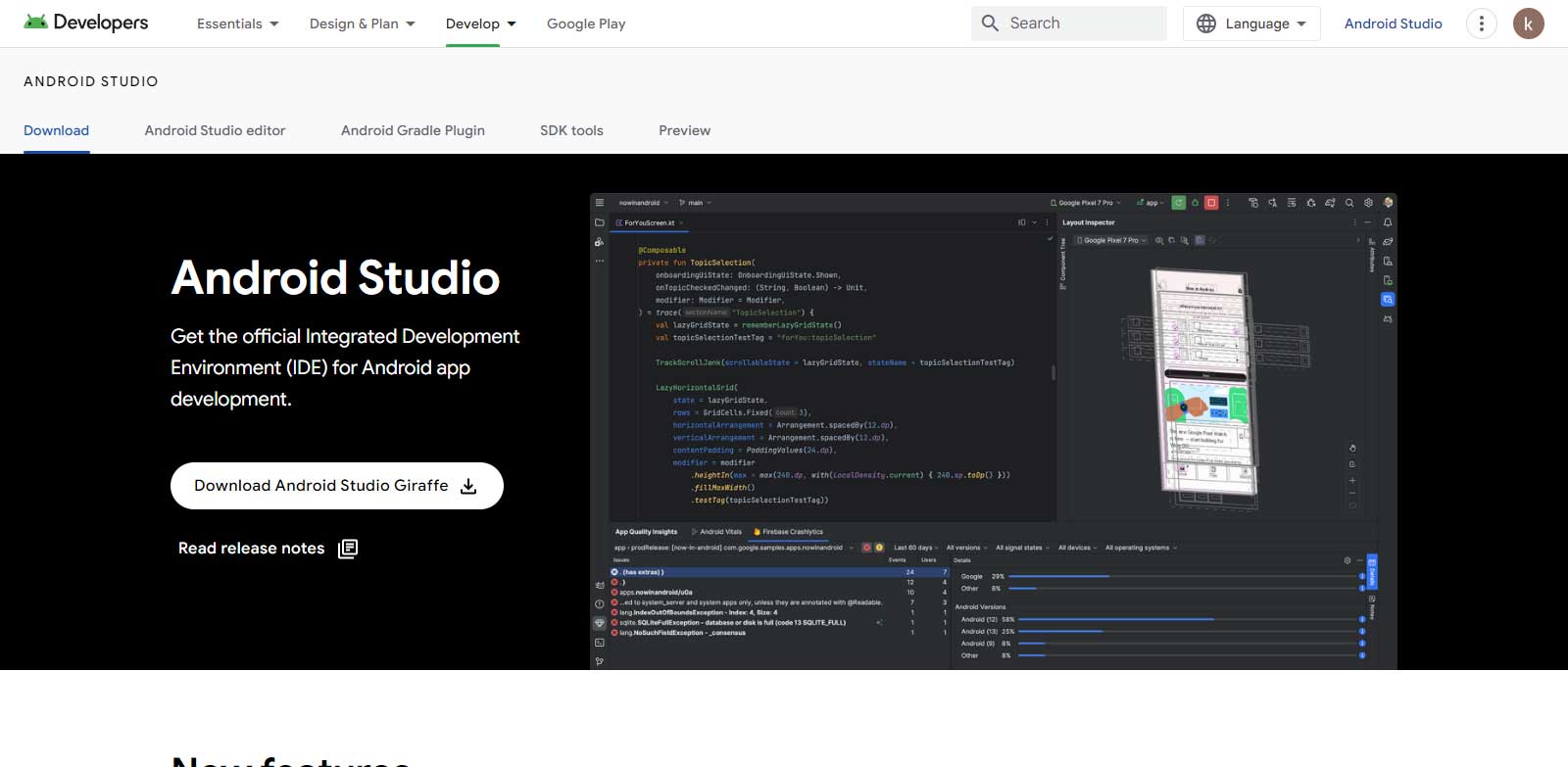
Android Studio is the licensed integrated development environment (IDE) and builds especially Android system software. There is a wide range of evaluation tools and structures with C++ and NDK support.
It is Google Cloud Platform approving and with connectivity and communication with Google Cloud Messaging and App Engine. It can be uploaded from the various platforms that are present on the Search engine.
Launch– Google in 2013
Language— Support all types of programming language
Key Highlights
- It is designed with dynamic text or a coding editor.
- IntelliJ IDEA manages the development tools in the Android studio.
- Developers develop an app with an adaptable and comfortable computerization tool like Gradle.
- A more dynamic key point like, an emulator is a speedy and successful tool.
- An integrated ground suitable for the design of the app for all types of Android devices.
- Editing and design with activation in emulators and gadgets in activation time and problem-solving time.
- Code templates and GitHub compilation serve to create primary apps function. Developers can also import sample code.
- Lint tool availability to monitor the difficulties and solutions.
Android SDK
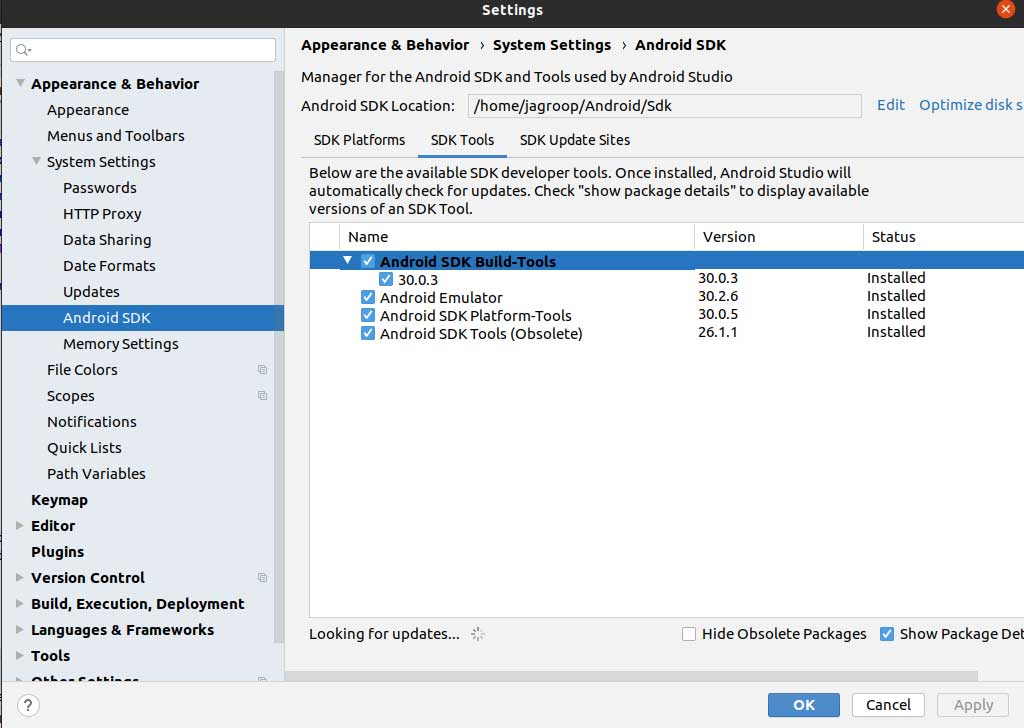
Android SDK stands for Software Development Kit. In this kit, developers find a broad range of development tools for Android apps. Such as Debugger, libraries, emulator, documentation, sample code and tutorial, etc. So developers can easily develop any app for special functions and characteristics.
Launch— Google introduced Android SDK in 2009
Languages—Java
Key Highlights
- Collection of libraries and software development tools.
- Any updated app came along with its SDK tools with new features and characteristics.
- SDK tools are required for the building process of any application.
- These tools enhance the progress of the app-building process and improve the quality.
- SDK kit can be used with all OS like Windows, Linux, macOS, etc.
Appy Pie
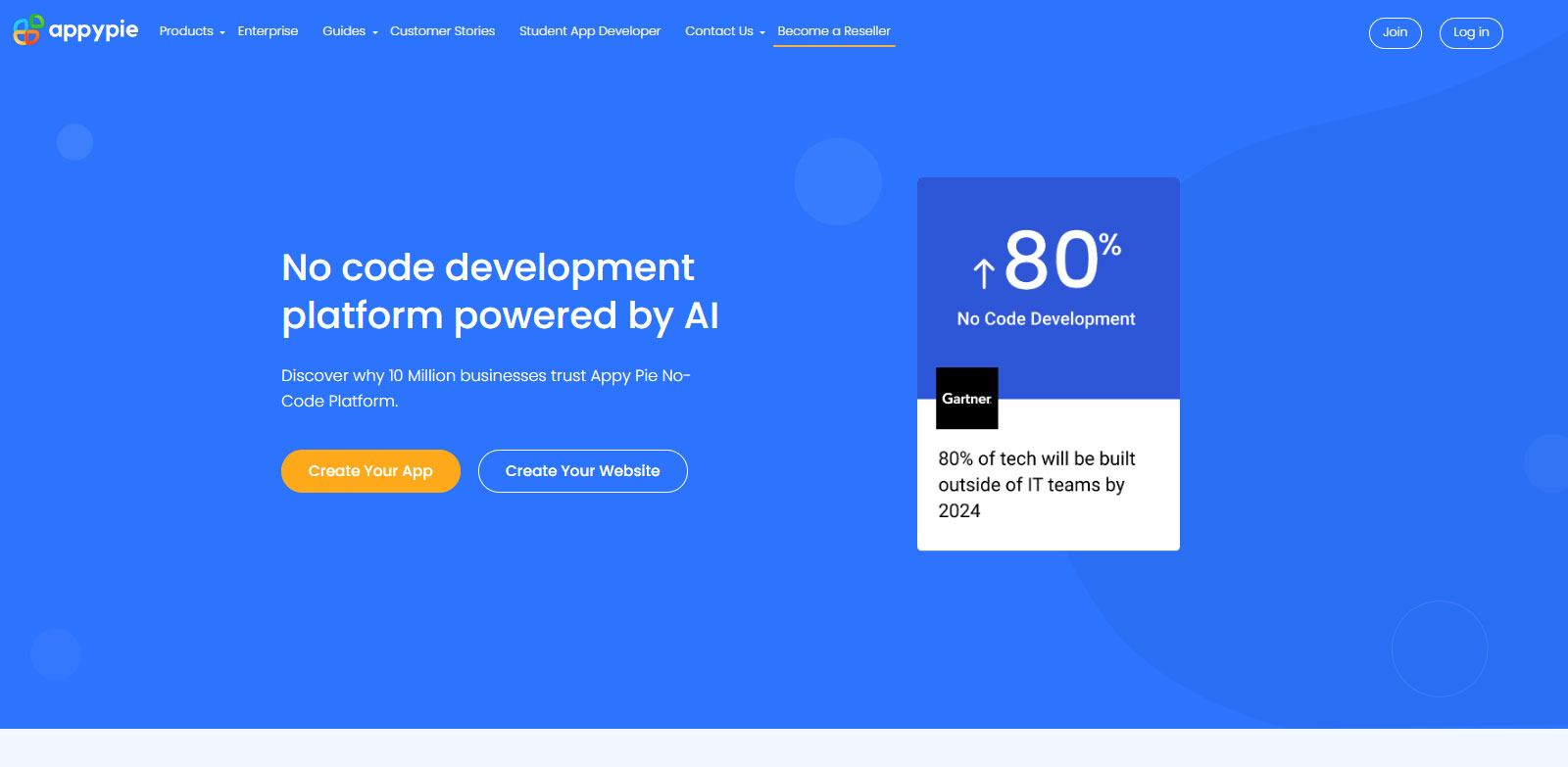
Appy Pie is a digital-based mobile or Android app development software. It facilitates the design of free Android apps. With it, no technical issue demands for development of any Android apps. At least, there is no need for any download and installation.
Launch– Abhinav Girdhar developed Appy Pie in 2015.
Languages– Collaboration with LLMs, natural voice or language, and powered by AI.
Key Highlights
- Appy Pie does not need any code because it is facilitated by AI technology.
- Developers can design an app and a website.
- Easy to use, drag and drop facility within a single code
- AI authenticity makes it’s to advise, automative, continuously past tasking, and smooth process.
- It has to command AI design tools with a broad range of availability.
FireBase
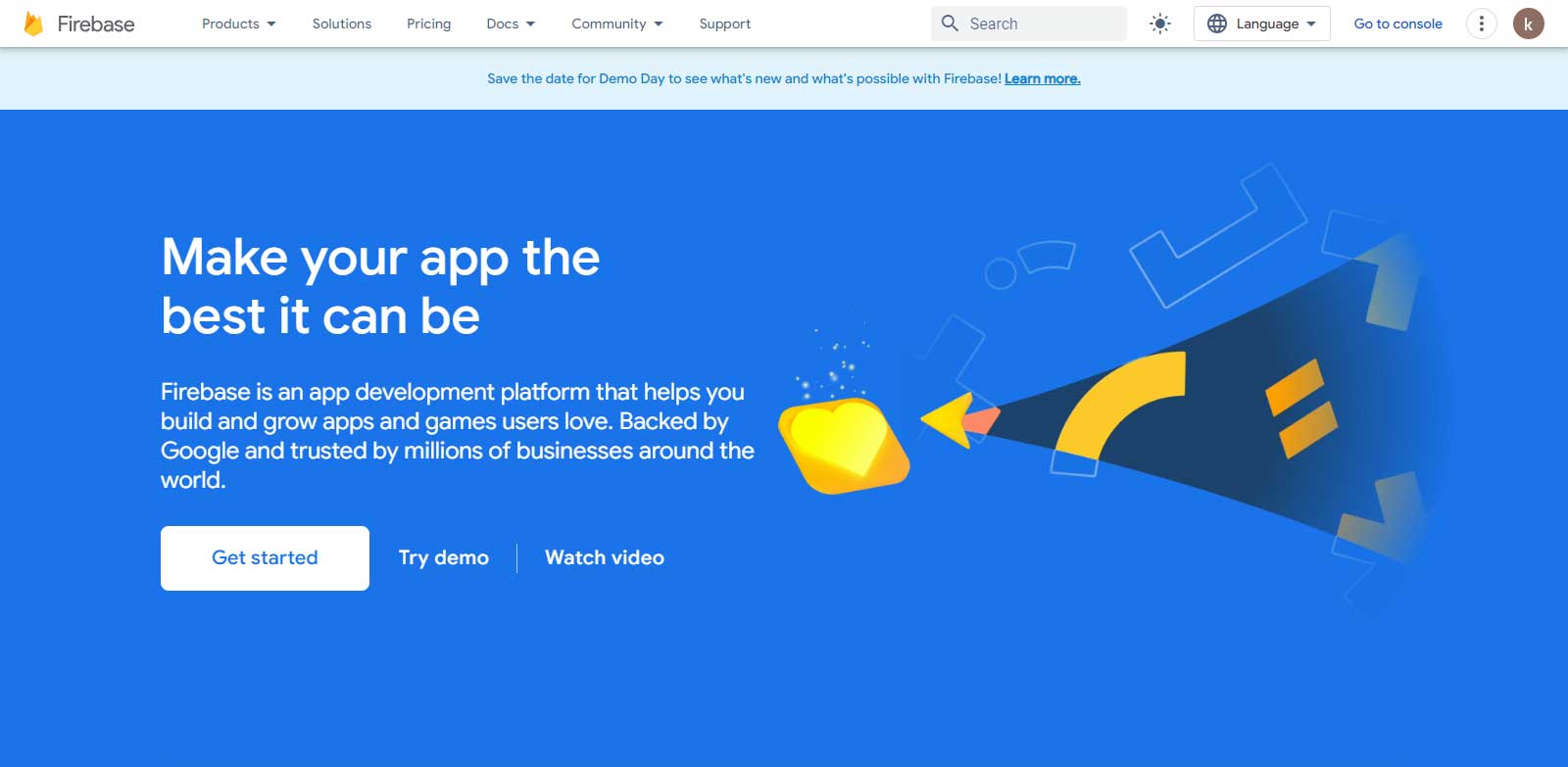
Firebase consists of tools that relate to and provide facilities for cloud computing and app development.
Launch–Google was introduced in 2010.
Languages— Go, Java, Node, JS, Unity, PHP, Python, Ruby, and C++.
Key Highlights
- It organizes the databases, verification, cloud computing facilities, and collaboration for a wide range of apps.
- Android and web apps organization and management
- Device integration and collaboration
- Data evaluation and the crash report included
- Provide reasonable budget
- Data backup opportunity
Flutter
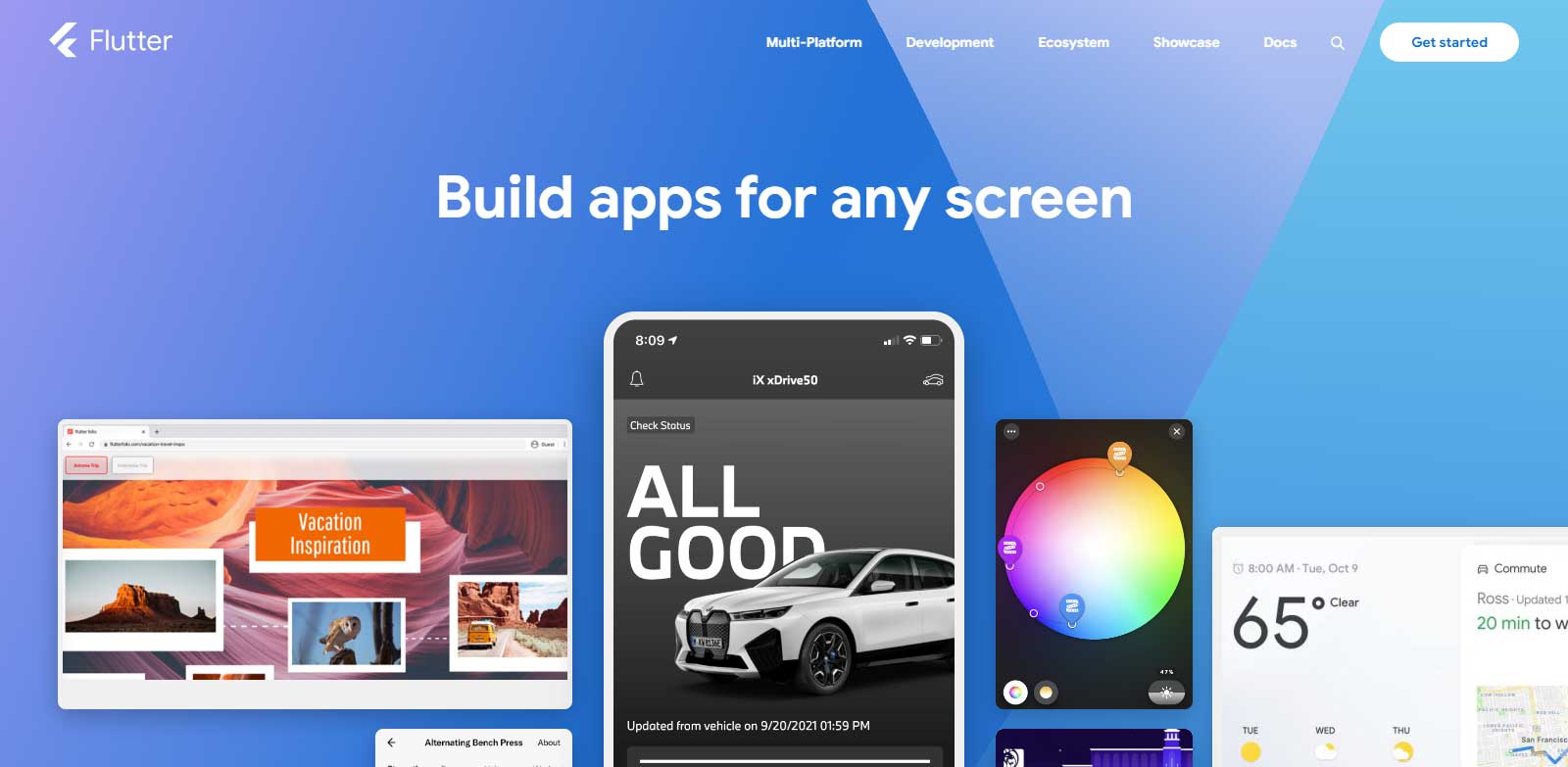
Flutter is a free open-source software with a development tools kit. It can be utilized for multipurpose platforms and apps within only one codebase for any search engine. It is built for Android, iOS, Linux, macOS, and Windows.
Launch— Google was introduced in 2017.
Language—-C, C++, Dart, Java Script
Key Highlights
- Building an app with beautiful, eye-catching, natively integrated, and multiple platforms
- It is fast, productive, efficient, and flexible.
- Flutter codes work with the ARM or Intel machine code, and Java Script.
- Suitable for every type of gadget
- Manage, and organize with the code base along flawless testing and developer tooling.
Intellij IDEA
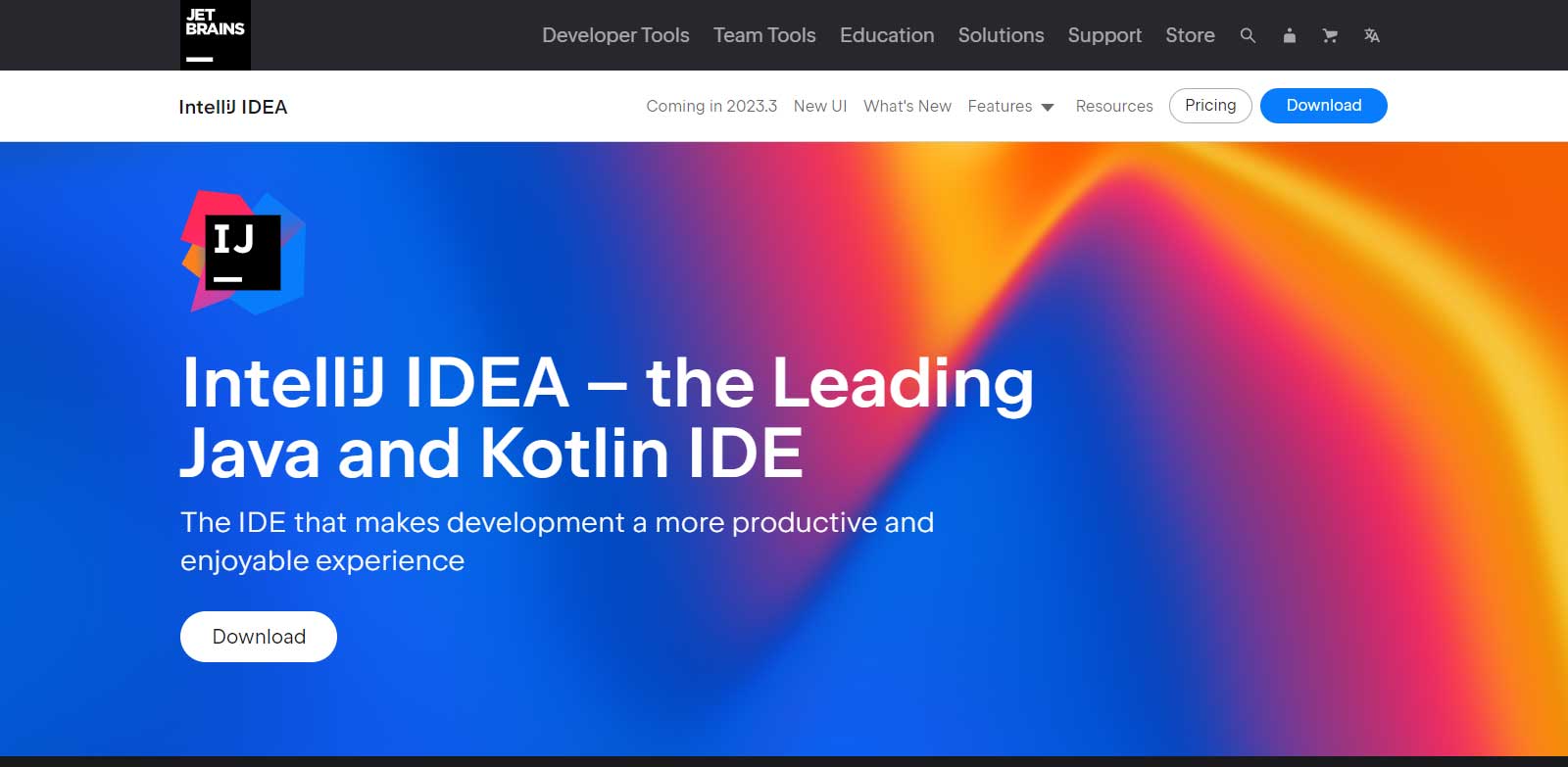
IntelliJ IDEA is a familiar all-rounded IDE tool that comes with a plugin for the specific task and is also popular in the developer’s community. The programmer may design the code as a virtual along plugin. It is the best substitute for Android Studio.
Launch: JetBrains introduced it in 2001.
Languages: Java
Key Highlights
- It takes smart code completion.
- Within the code analysis along with the great quality
- Excellent editing tools for enhanced efficiency and workflow.
- Integrated management systems make cooperation like Git, Mercurial, and Subversion.
Ionic
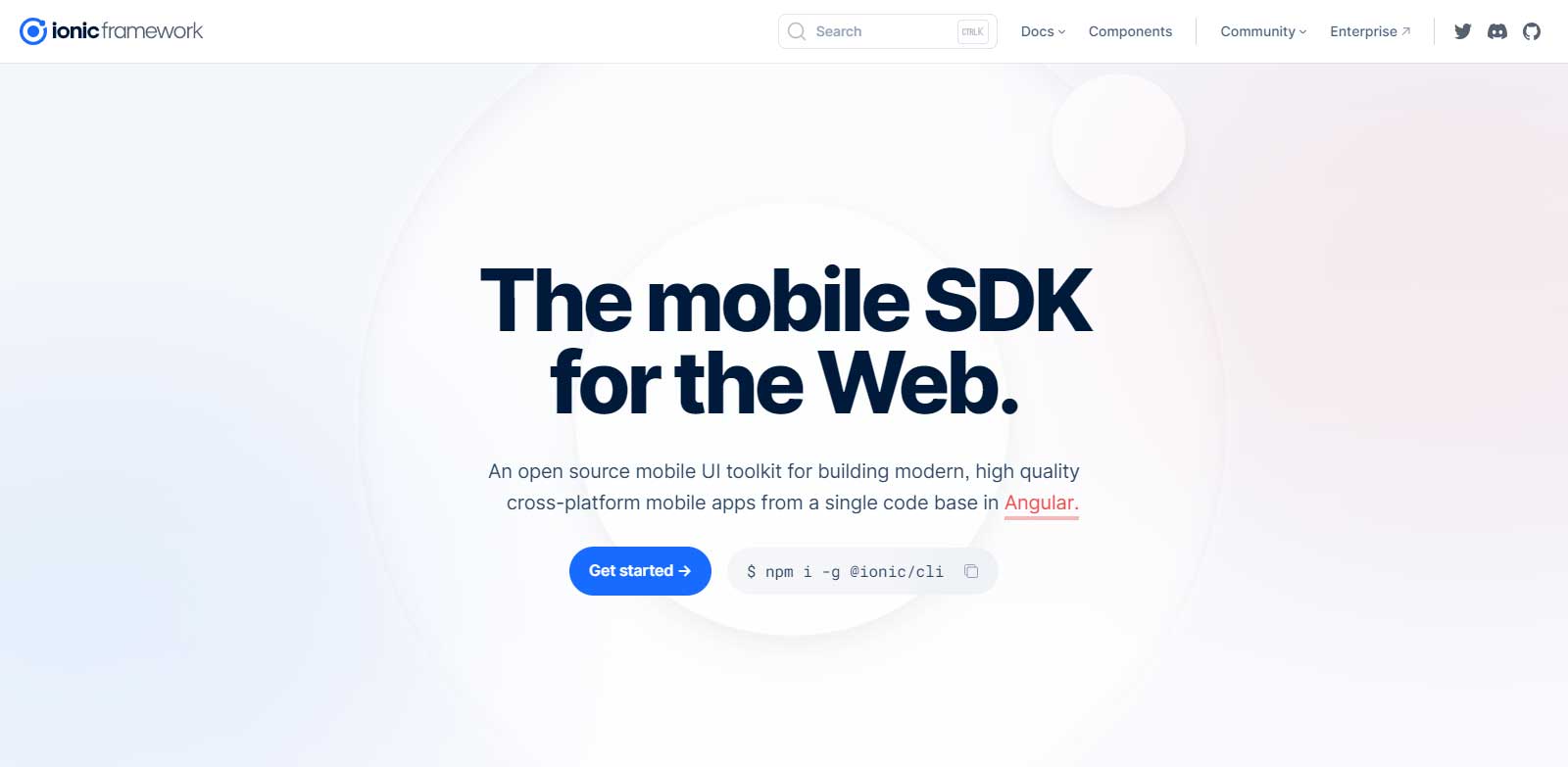
Ionic is a famous, recognized Android app development tool. Itis designed as an open-source- source SDK for a hybrid mobile app development tool.
Launch– It was introduced by Drifty Co in 2013.
Language— TypeScript, HTML, CSS, and JavaScript
Key Highlights
- It collects data about user updates for Android applications.
- The developing and distributing process is easy and flawless.
- It consists of facilities and assistant apps that help developers design efficient and User-friendly apps.
- Free of Cost
- It facilitates the connectivity between the hybrid app and the progressive web app.
Titanium SDK
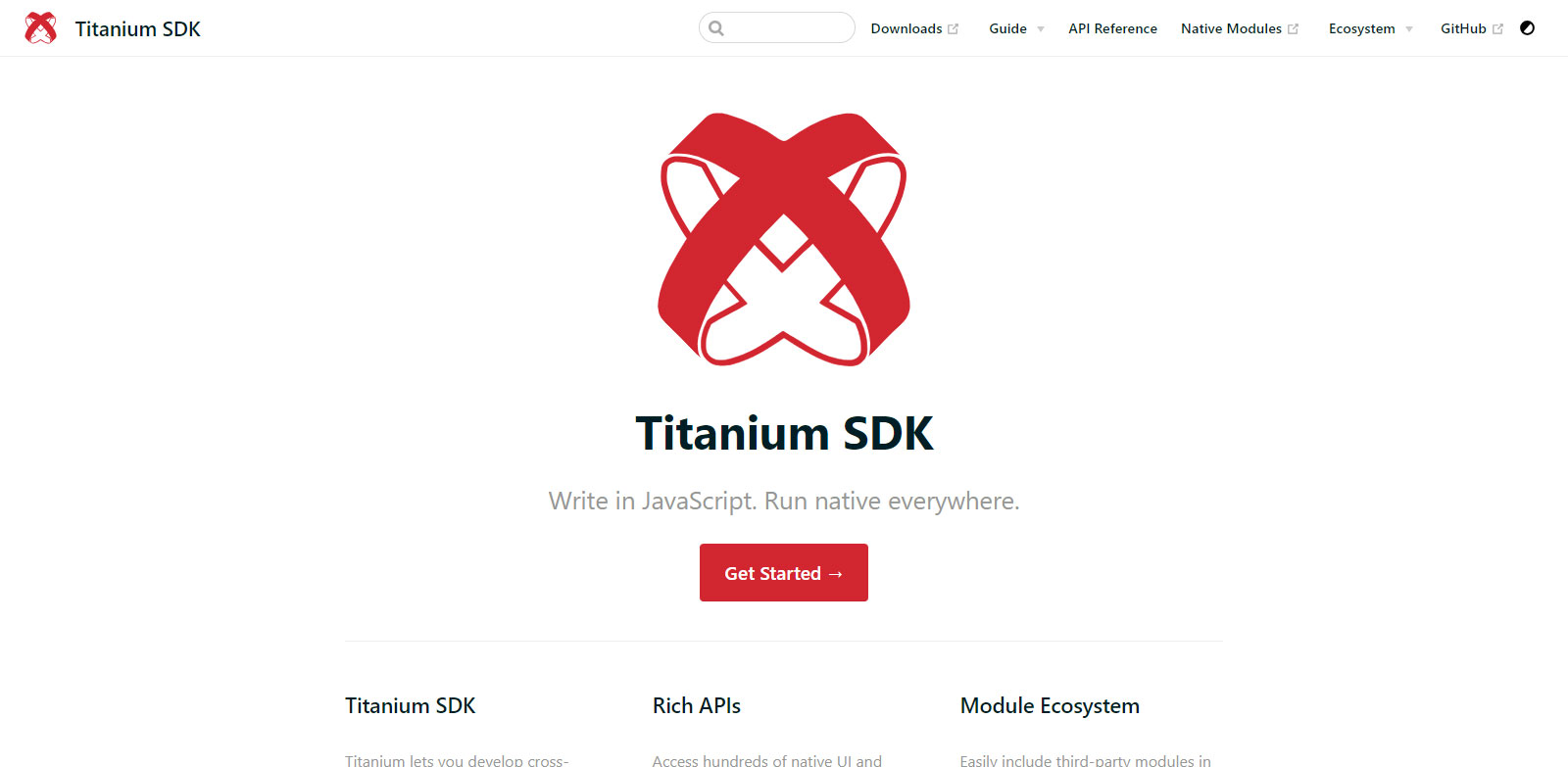
If we talk about the Titanium SDK Android tool. So it is also a free open-source software. It facilitates the local Android apps within a single codebase system. It is suitable for Android and iOS.
Launch— After research, it’s difficult to find out when it was first introduced. But TiDev, Inc. launched it in 2022 and a further edition in 2023.
Language— Java Script
Key Highlights
- Suitable for multiple platforms with the development of Android app
- Enhance the API
- Can reach out to approximately 100 local User Interface, API, and Networks.
- It utilizes the other sources or models in the apps among the vast variety and supportive systems available.
- Appcelerator facilitates developers to evaluate the active Android applications.
Unity 3D

Unity is a multiplatform game Android tool. It is suitable for Android, desktop, console, and virtual reality. It is remembered by the developers when they developed the game application and construction.
Launch— In 2005 by Unity Technologies
Language— C#, Java Script( Unity Script)
Key Highlights
- Unity tool and AR function add to the native or local Android apps.
- Unity tool can be utilized within more than 20 platforms, so the developers can use it in Android and iOS.
- Unity presents a ground for the 3D, AR, and VR difficulties.
- It facilitates the connectivity between the hybrid app and the progressive web app.
Xamarin
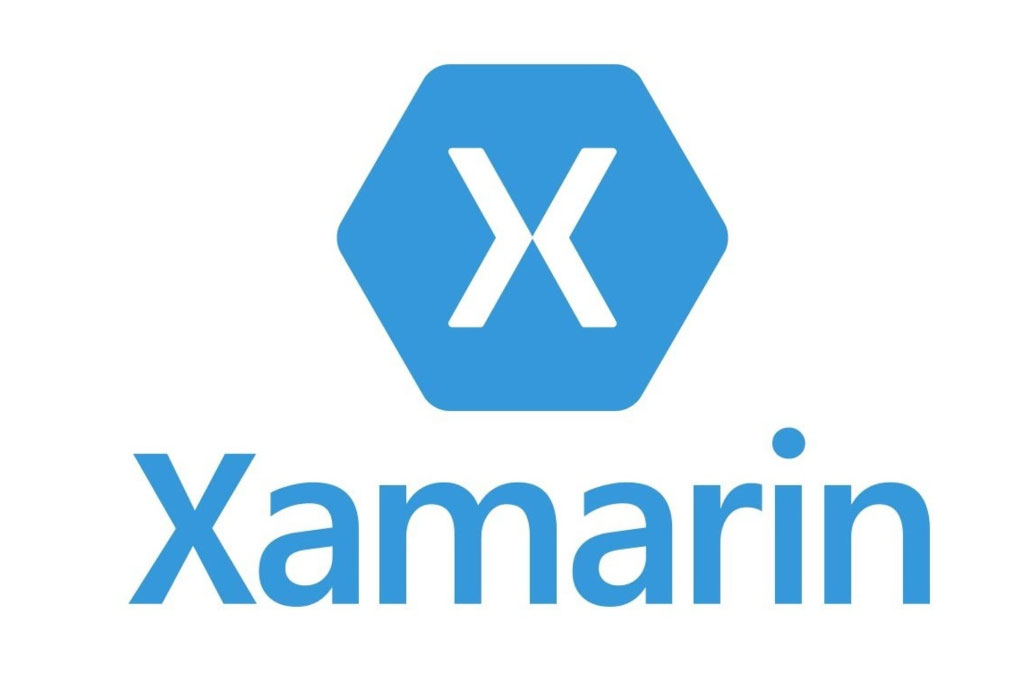
Xamarin is an Android development tool designed for the multi-platform tasks and working.
Launch– Xarmin is the name on the title of the company itself, like Microsoft organization Xamarin, which was established in May 2011.
Language— C# language enables the developers to utilize the local Internet Demonstration and Evaluation System.
Key Highlights
- Xamarin can be built into Guilt connectivity effectively.
- It is efficient to supervise and test the device’s useability.
- It consists of an emulator and a few apps that are helpful for the developers to run and start the app.
- It will reduce the time, and code can be distributed without time-consuming.
- Native and multiple platform development options are also available.
- Native UI can be designed due to backend code.
Conclusion
Android development tools importance increased in this modern scenario because of launching new apps and future product availability. It is the developer’s responsibility to utilize and experience the tools and their development according to the design app requirements and scenarios. So select the right tool for future success app.

